
Teams competing in the quarter-finals – Photo: VTV
On August 25, at the multi-purpose gymnasium of the Quang Ninh Provincial Sports Complex (Dai Yen Ward, Ha Long City, Quang Ninh Province), exciting matches took place within the framework of the 2024 Asia-Pacific Robot Competition (Robocon 2024).
The competition attracted 350 contestants from countries and territories including: Japan, China, India, Thailand, Indonesia, Hong Kong (China), Mongolia, Malaysia, Nepal, Egypt, Cambodia and Vietnam. Of which, Vietnam has 2 teams from Hung Yen University of Technical Education.
The theme of this year’s competition is “Harvest Day,” which aims to honor the value of agriculture, especially rice cultivation on terraced fields, a characteristic of Vietnamese culture. Participating robots will have to perform tasks that simulate the rice growing process, from sowing to harvesting.
The teams gave the audience exciting and dramatic performances. In the final match against Hong Kong (China), Vietnam 1 team excelled from the first tasks, however, in the phase of putting rice into the bin, the team mistakenly picked up the "bad rice" so they had to turn back and lost the advantage.
The final result was that Vietnam team 1 won 420 points, Hong Kong team (China) won 510 points and won the championship.
In 2025, the competition will be held in Mongolia with the theme “Basketball”.

A large audience came to Quang Ninh Province Multi-purpose Gymnasium to watch ABU Robocon 2024 live - Photo: VTV
In addition to the official matches, the organizers also organized many attractive sideline activities such as exchanging and sharing knowledge about programming, robot construction and tours to the world natural heritage Ha Long Bay.
Initiated in 2002 in Japan, the Asia-Pacific Robot Contest organized by the Asia-Pacific Broadcasting Union (ABU Robocon) is a playground for students with a passion for robots from countries and territories in the region.
The competition is not only a technical competition, but also a testament to the development of science and technology and the creativity of the young generation, of technology-loving students in the Asia-Pacific region. At the same time, it is an opportunity for young people to exchange, learn and share experiences.


![[Photo] General Secretary To Lam arrives in Minsk, begins state visit to Belarus](https://vphoto.vietnam.vn/thumb/1200x675/vietnam/resource/IMAGE/2025/5/11/76602f587468437f8b5b7104495f444d)
![[Photo] General Secretary To Lam meets and expresses gratitude to Vietnam's Belarusian friends](https://vphoto.vietnam.vn/thumb/1200x675/vietnam/resource/IMAGE/2025/5/11/c515ee2054c54a87aa8a7cb520f2fa6e)



![[Photo] General Secretary To Lam concludes visit to Russia, departs for Belarus](https://vphoto.vietnam.vn/thumb/1200x675/vietnam/resource/IMAGE/2025/5/11/0acf1081a95e4b1d9886c67fdafd95ed)
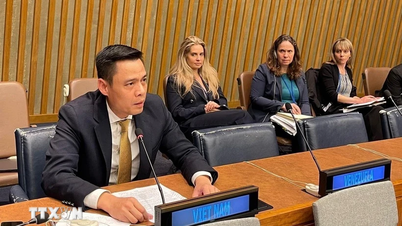



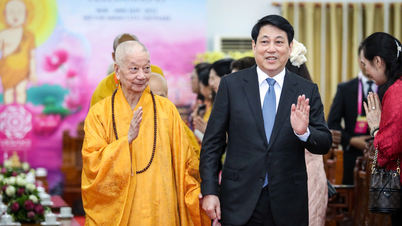

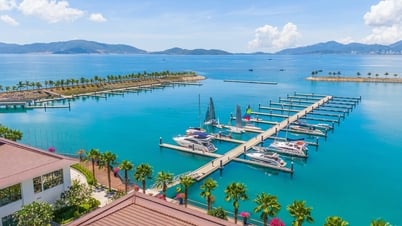

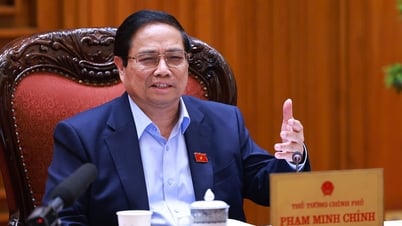
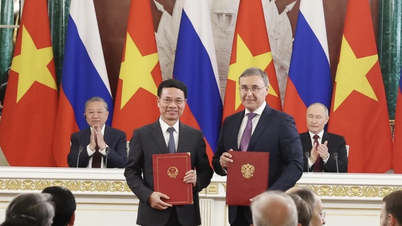

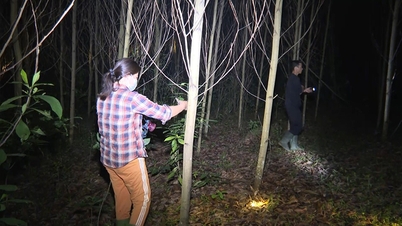
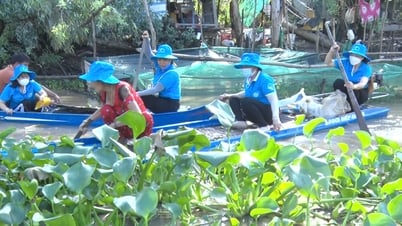
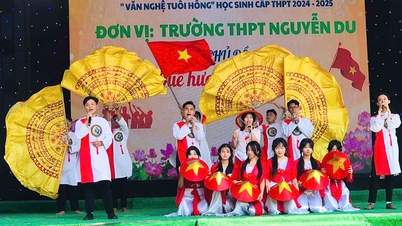
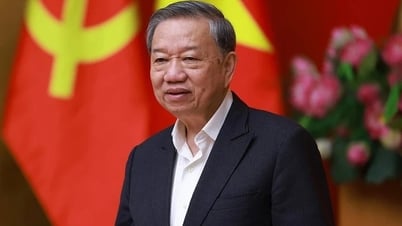
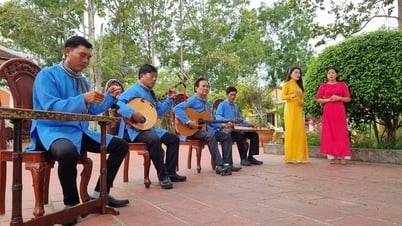






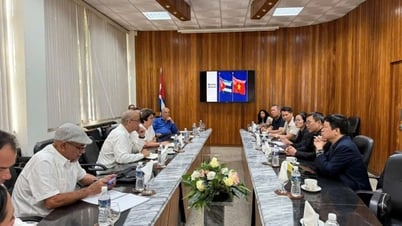

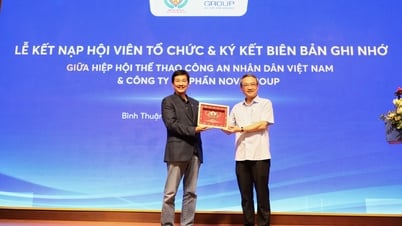


![[Photo] National Assembly Chairman Tran Thanh Man attends the Party Congress of the Committee for Culture and Social Affairs](https://vphoto.vietnam.vn/thumb/1200x675/vietnam/resource/IMAGE/2025/5/11/f5ed02beb9404bca998a08b34ef255a6)


























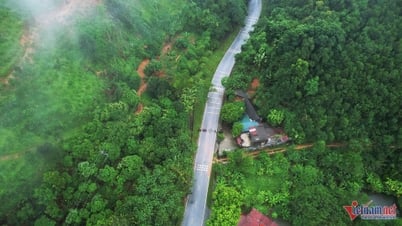

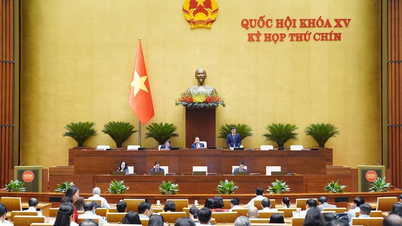
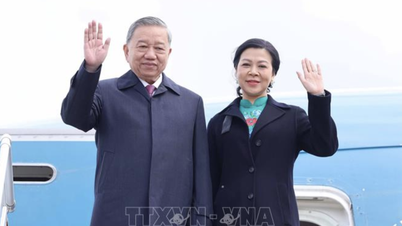












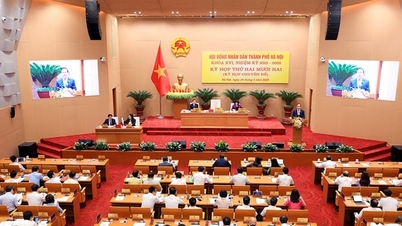


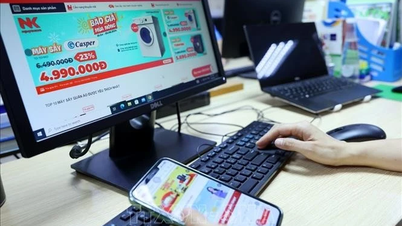

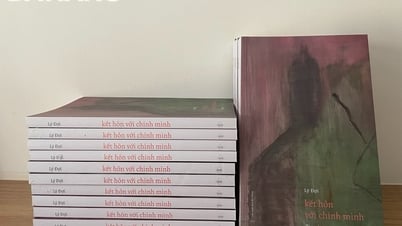

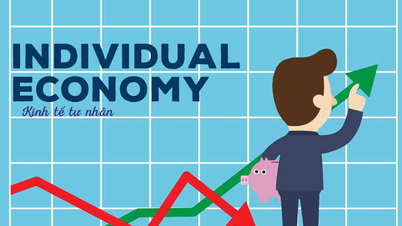






Comment (0)